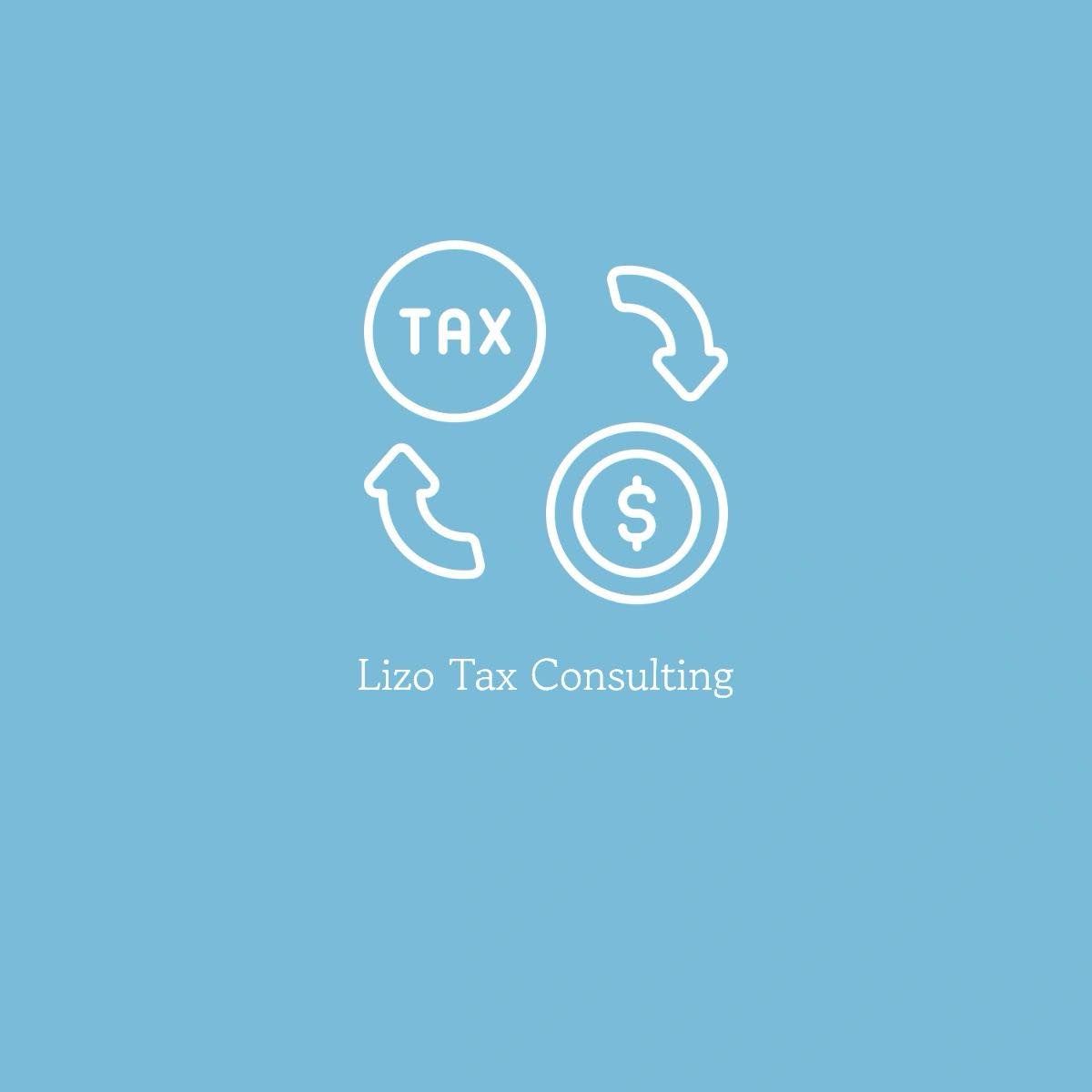Business Tax Planning for Digital Nomads
Tax strategies for location-independent entrepreneurs, including entity selection and international tax planning.

Understanding Digital Nomad Tax Obligations
Digital nomads face unique tax challenges due to their location-independent lifestyle. As a US citizen or resident, you remain subject to US tax obligations regardless of where you work, but strategic planning can minimize your tax burden.
Business Entity Selection
Sole Proprietorship
Pros:
- • Simple setup and maintenance
- • Direct pass-through taxation
- • Can claim FEIE on business income
- • Lower compliance costs
Cons:
- • Subject to self-employment tax
- • No liability protection
- • Limited tax planning options
Single-Member LLC
Pros:
- • Liability protection
- • Tax flexibility (can elect S-Corp status)
- • Professional credibility
- • Easier to open business bank accounts
Cons:
- • More paperwork and compliance
- • State filing requirements
- • Higher setup costs
S-Corporation Election
Making an S-Corp election for your LLC can provide significant tax savings by reducing self-employment taxes. You pay yourself a reasonable salary (subject to payroll taxes) and take additional profits as distributions.
S-Corp Tax Savings Example
Annual Business Income: $100,000
Reasonable Salary: $50,000
Self-Employment Tax Savings: ~$7,065
Additional payroll processing costs must be considered
Foreign Earned Income Exclusion for Business Income
Digital nomads can often qualify for the Foreign Earned Income Exclusion (FEIE) on their business income if they meet either the Physical Presence Test or Bona Fide Residence Test.
Qualifying Business Income
- Services performed outside the US
- Consulting and freelance work
- Online business activities managed from abroad
- Software development and digital products
Non-Qualifying Income
- Passive investment income
- Rental income from US properties
- Income from US sources
- Royalties and licensing fees (may vary)
State Tax Considerations
Establishing Non-Residency
Digital nomads should carefully establish non-residency in high-tax states before leaving the US. Key factors include:
- Changing voter registration
- Obtaining foreign driver's license
- Closing local bank accounts
- Terminating gym memberships and local ties
- Establishing domicile in tax-friendly state
Tax-Friendly States for Nomads
No State Income Tax
- • Texas
- • Florida
- • Nevada
- • South Dakota
- • Wyoming
Business-Friendly
- • Delaware
- • Wyoming
- • Nevada
- • New Hampshire
International Tax Planning Strategies
Foreign Tax Credits
If you pay taxes to foreign countries where you're working, you may be able to claim Foreign Tax Credits to offset US tax liability on income that doesn't qualify for FEIE.
Tax Treaty Benefits
Some tax treaties provide benefits for business income, but these are often limited for digital nomads since the work is typically not performed in a fixed location.
Record Keeping for Digital Nomads
Essential Records to Maintain
- Travel logs with dates and locations
- Business expense receipts (digitized)
- Client contracts and invoices
- Bank statements from all accounts
- Proof of foreign tax payments
- Visa and immigration documents
Digital Tools for Nomads
Recommended Apps & Tools
- • Nomad List: Track days for FEIE qualification
- • Receipt Bank: Digital receipt management
- • Wise: Multi-currency business banking
- • Xero/QuickBooks: Cloud-based accounting
- • Google Drive: Document storage and backup
Common Tax Mistakes Digital Nomads Make
Not tracking travel days properly
Miscounting days can disqualify you from FEIE benefits
Mixing business and personal expenses
Poor record keeping can lead to missed deductions and audit issues
Ignoring state tax obligations
Failing to properly establish non-residency can result in unexpected state tax bills
Not planning for self-employment taxes
FEIE doesn't eliminate self-employment taxes on business income
Quarterly Tax Planning
Digital nomads typically need to make quarterly estimated tax payments. Plan ahead by:
- Calculating estimated income and taxes quarterly
- Setting aside 25-30% of income for taxes
- Making payments even while traveling
- Adjusting estimates based on FEIE qualification
Exit Planning
If you're considering giving up US citizenship, understand the tax implications:
- Exit tax on unrealized gains over $2 million
- Certification of tax compliance for prior 5 years
- Potential gift and estate tax consequences
- Loss of access to US financial services
Important: Expatriation is a serious decision with permanent consequences. Consult with qualified professionals before considering this option.
Need Digital Nomad Tax Strategy?
Get personalized tax planning advice tailored to your digital nomad lifestyle and business structure.
